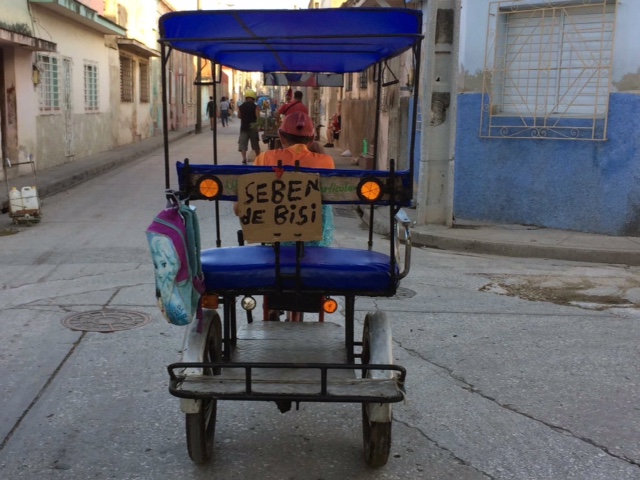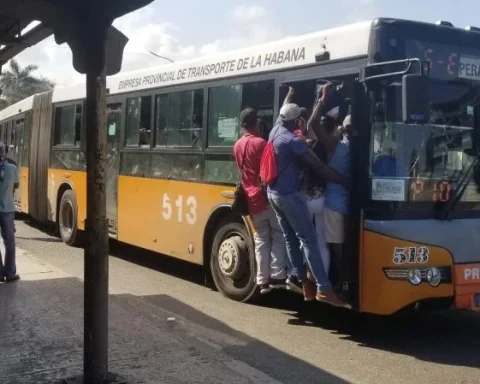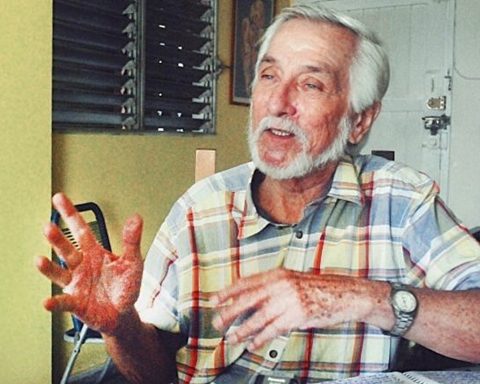HOLGUÍN, Cuba.- “Se bende bisi”, the misspelled sign hangs behind a pedicab that runs through the city. “I’m selling it for 20,000,” the owner shouts to someone who asks. For many, the two spelling errors go unnoticed. Nobody corrects them: perhaps the most important thing is that the message is understood.
This is one of the many badly written posters displayed on the facades of houses, cars, private businesses and even in state establishments in this northeastern Cuban city. Undoubtedly, a visible indicator of the education crisis on the island, which could have its causes in the constructive deterioration of schoolsthe exodus of teachers due to low wages, poor working conditions and neglect of teaching staff.
In a recent reportthe United Nations Educational, Scientific and Cultural Organization (UNESCO) stated that “Cuban students need to improve their spelling.”
It is common to read the word nasobuco written with the consonant Z when the correct thing is to write it with S to refer to the nasal portion of the pharynx.
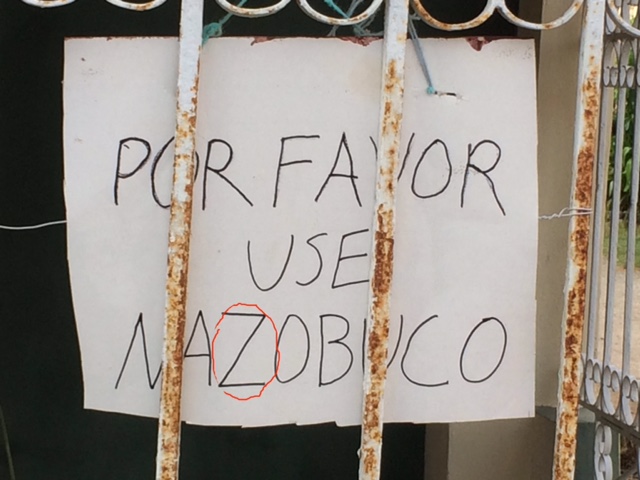
An advertisement with misspellings is displayed by the Central Commercial Registry. In it it is reported that due to COVID-19 its “General Operations are postponed for a term of 90 days”. A father who passes by the place laughs and tells his son: “the word ‘estan’ is accented, postponed is written with Z and days is accented and is written with S”.

Everything indicates that the owner of a white van has not needed good spelling to achieve his successes. On both doors of his vehicle is labeled a suggestive message “If my prosperity bothers you, do like me, work.” Obviously, this driver ignores that haz is the second person singular of the imperative form of the verb to do and is written with Z, a subject taught in primary school and emphasized in secondary and pre-university education.
Another that changes the S to Z is a corn seller who advertises his product at seven pesos a masorca, when the correct thing to do is write corn on the cob.
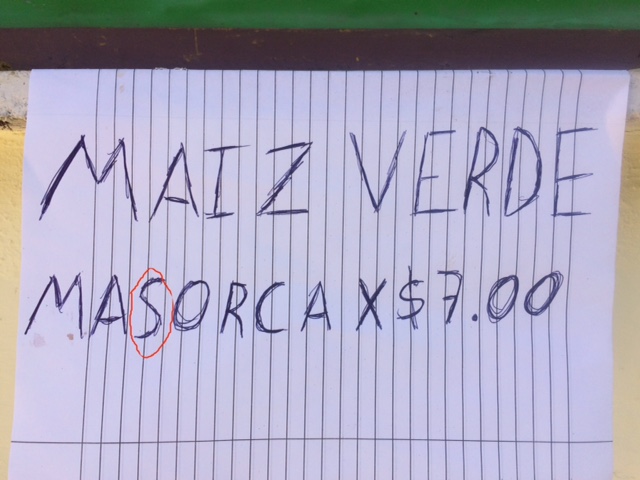
“Rice pot for sale” is the proposal of a poster tied to the fence of a house on Arias Street, whose inhabitants are unaware that the correct thing is ‘resistance’ and ‘rice cooker’.
In a warehouse in the Vista Alegre district, there is standardized rice at seven pesos a pound. But on the sign that advertises the product it is written arros.
The spelling error is repeated on the board that shows the menu of La Bodeguita del Medio, a state restaurant located between the central Martí and Mártires streets of the capital city, where the spelling error is as destabilizing as the prices of the offers. “Could it be that arros written with S is a special rice?” ironically a man who imitates the sound of the Z of the Spanish to distinguish the correct writing.
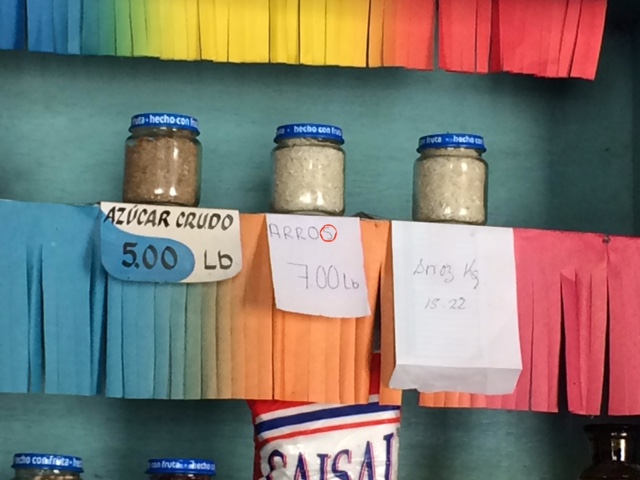
In most of the signs where hand hygiene is exhorted, it reads ‘Labate’ written with B and not with V. The accent of the first A is also omitted. In the center of the city a private memory copier he advertises his business with a misspelling: he spelled “tax” with a V and not a B.
While on the fence of a house on Agramonte Street hangs a sign that asks “Ignore the old woman is ashen”, when the correct thing is to write senile with S. And on a wall of a house in the Pueblo Nuevo neighborhood it reads ” Yame no pasa” when the correct thing is to write call with double ele.
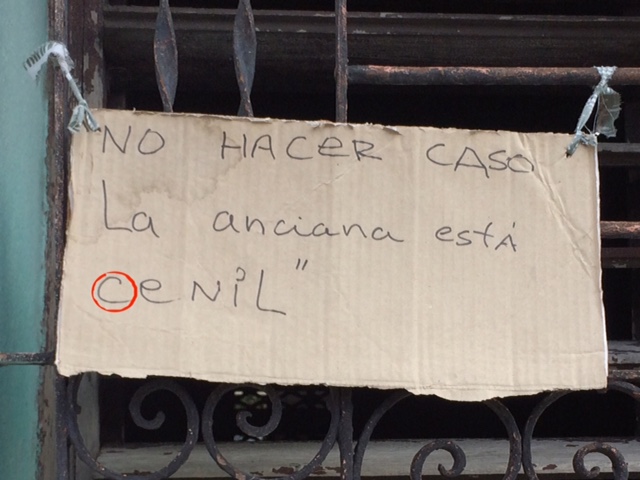
The spelling indicates the educational level of a nation. Through the Spanish and Literature subject, spelling rules are learned. “Many students lower their scores or fail exams because of spelling errors. This is a parameter that is measured in all subjects. The students arrive at the pre-university with a poor foundation from elementary school and junior high school,” says a teacher at the urban pre-university school Luz Palomares, who preferred to remain anonymous for fear of being fired.
The statement is corroborated by a history professor from the Faculty of Humanities at the Oscar Lucero Moya University. “It is unfortunate that university students write with spelling errors. That indicates that something is wrong in the Cuban education system. I have even seen misspellings in the writings of leaders of organizations and companies. It may be simplistic, but the development of a country also depends on spelling knowledge”, says the professor.
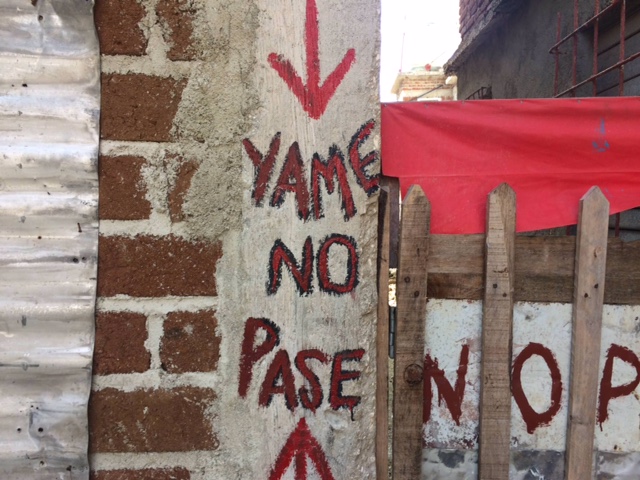
In a report presented on March 23, the United Nations Educational, Scientific and Cultural Organization (UNESCO) stated that “Cuban students need to improve their spelling.” The study covered 16 countries in Latin America and the Caribbean with the aim of evaluating current teaching models.
“More than 60 years ago, the Cuban Government presented Education as one of its conquests. Although it is free and for everyone, the results indicate that there is no quality. The widespread misspelling is one of the corroborating indicators. It is sad to see how poorly written posters abound throughout the city. That leaves a lot to be desired,” says a Panchito Gómez Toro junior high school teacher who identified himself as Rafael.
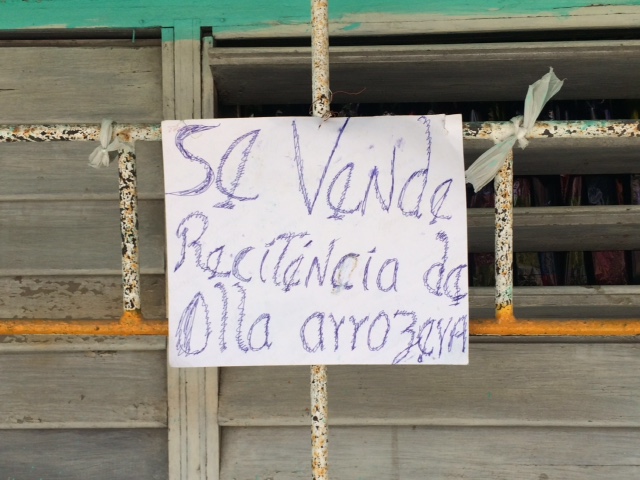
With the most deteriorated school network in the country and one of the provinces with the greatest exodus of teachers, Holguín is the second Cuban province with the lowest level of schooling and the Calixto García municipality is the one with the worst results in the country in this negative indicator, according to data published in the Population and Housing Census in 2012. Figures that, judging by the current results, are maintained.
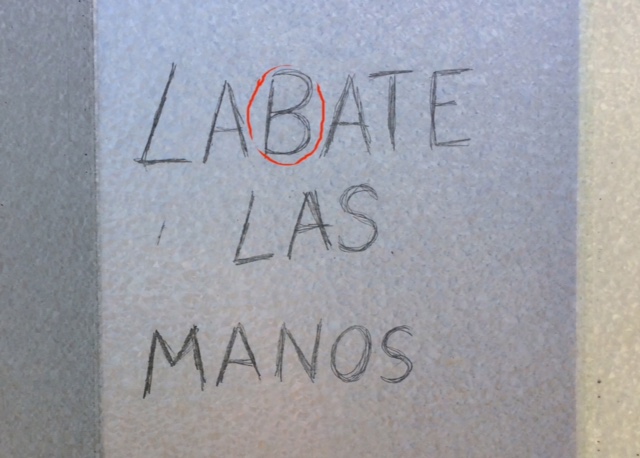
“It is no secret to anyone that we have the most deteriorated school network in the country in the province of Holguín,” recognized in 2016 Odalis Corpas Brito, provincial president of the José Martí Pioneer Organization (OPJM). 94% of the educational centers of the territory were evaluated between regular and bad in terms of their constructive state.
While Luis Felipe Batista Rodríguez, provincial director of Education, reported in 2019 that the province was among those with the greatest deficit of teachers in the country.
Paying out of date and paying more attention to the teaching staff are among the main demands of the members of the sector, recognized María Victoria Martínez, general secretary of the Union of Education Workers in Holguín.
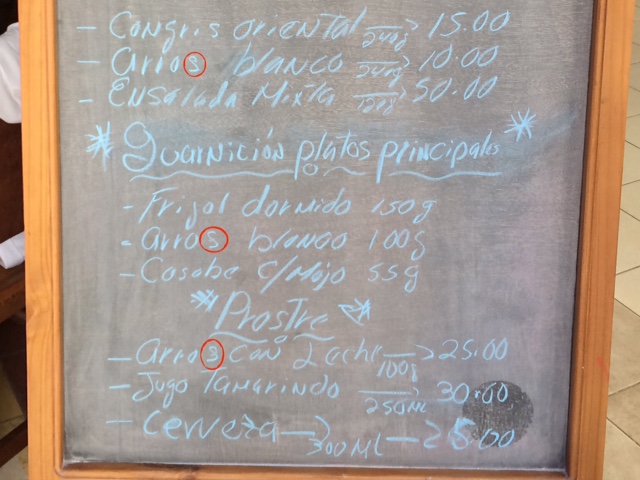
“We are reaping what we sow. There are many years with accumulated problems in the Education sector. The results are adverse. A greeting and a postcard on Educator’s Day on December 22 is not enough. It is important to create working conditions and meet the needs of teachers”, says Rafael.
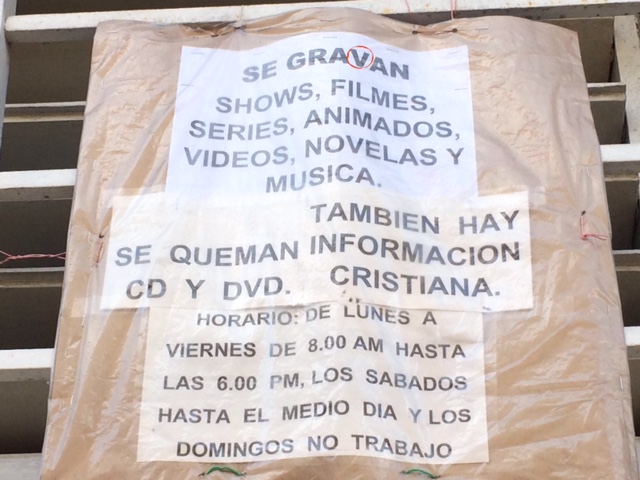
Receive information from CubaNet on your cell phone through WhatsApp. Send us a message with the word “CUBA” on the phone +1 (786) 316-2072, You can also subscribe to our electronic newsletter by giving click here.
